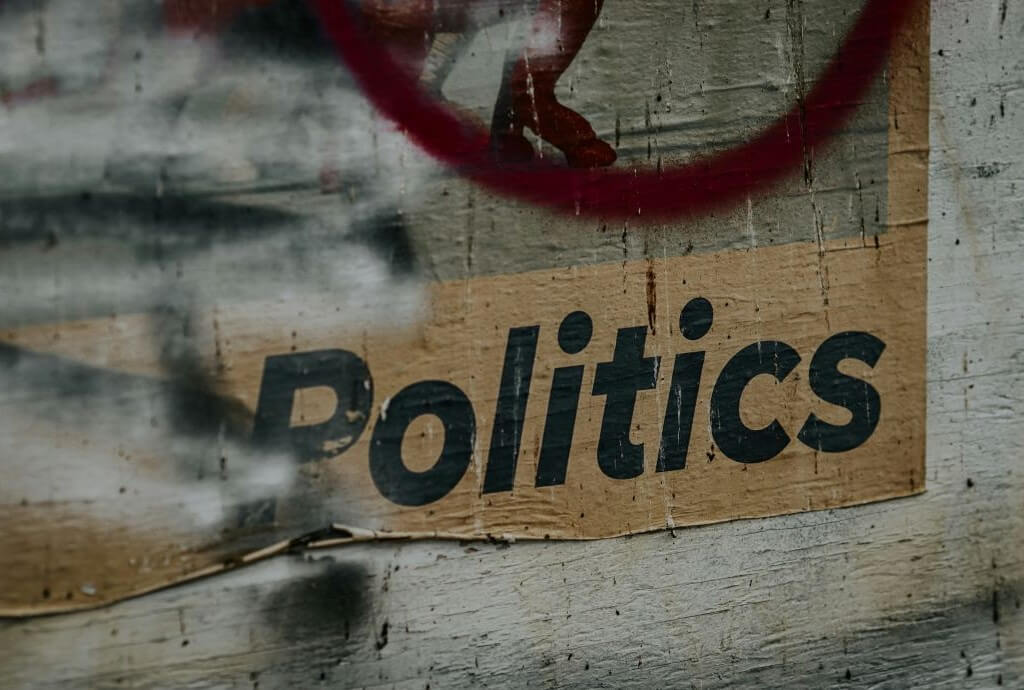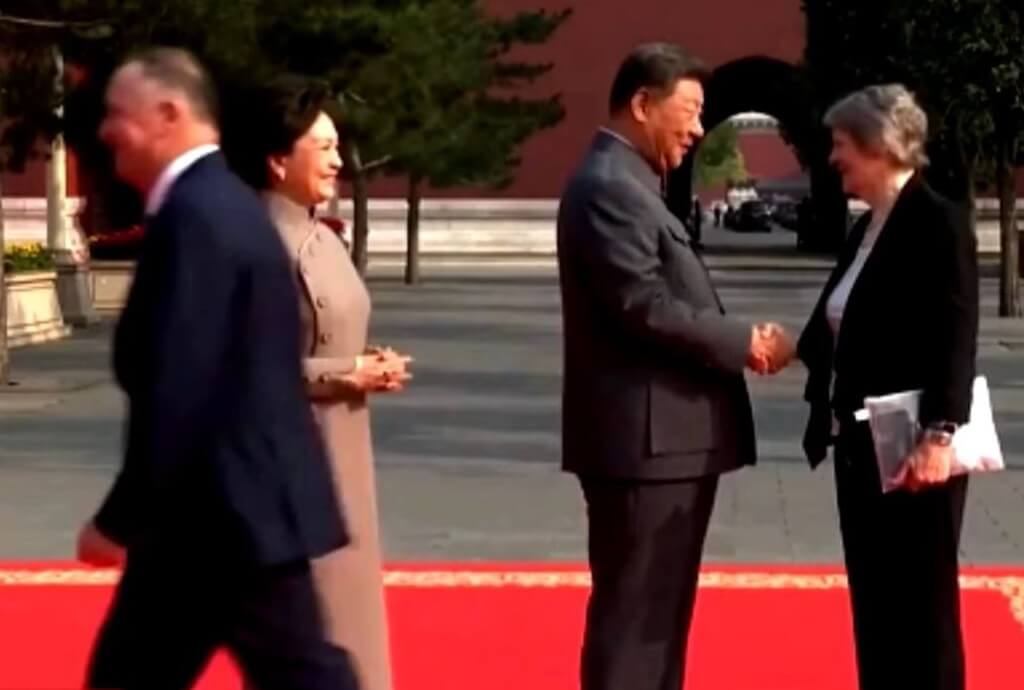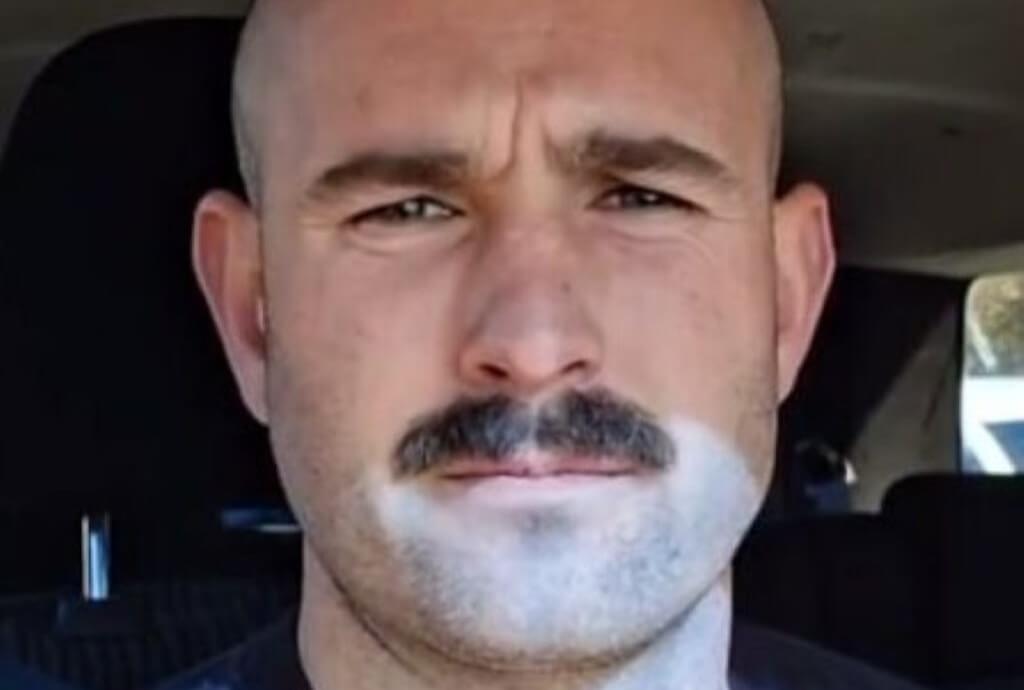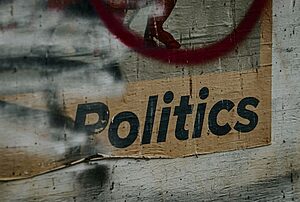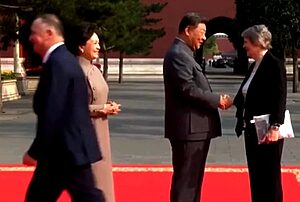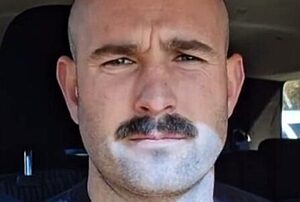In brief
- Shaneel Lal is a trans rights activist known for lobbying against conversion therapy.
- Lal has been accused of racism, intolerance and expletive filled attacks.
- The Kiwibank Young New Zealander of the year was instrumental in the mob stopping Posie Parker’s Let Women Speak tour.
- Lal was initially successful in having major NZ telecoms echo radical pro trans stances, but they soon backtracked.
Who is Shaneel Lal?
Shaneel Shavneel Lal, originally from Fiji, arrived in New Zealand at the age of 14 and is a trans rights activist.
At 23 years old, Lal has consulted to the Government on things you would think would require more worldly experience, of the sort that comes with age. Lal was part of the Ministerial Youth Advisory Group in 2018 and consulted for the Ministry of Education on inclusivity issues. At this time Lal was 18 and had been in NZ for 4 years.
A full time student pursuing law and psychology, Lal has worked with Amnesty International and is heavily involved with several trans-rights organisations focused on youth and schools.
Lal contributes regularly to the NZ Herald and is the Kiwibank Young New Zealander of the Year.
Conversely, Lal has been accused of racism and intolerance for expletive filled social media posts and was instrumental in the violent mob attack on Posie Parker’s Let Women Speak tour in New Zealand in March 2023.
Conversion therapy ban
Lal lobbied for the 2022 Conversion Practices Prohibition Legislation Act banning conversion therapy (ie. therapy intended to convince people to convert to heterosexuality).
Conservative rights group Family First pointed out there were people who said they benefited from conversion therapy but they were ignored. Despite concerns the law is too vague and threatens the rights of parents, religious freedom and free speech, the Bill passed with near unanimous support.
Family First and called the Bill a solution looking for a problem.
In fact, there is no record of a single formal complaint in the past decade to either the Human Rights Commission (HRC) or to the HRC’s $2.2m taxpayer-funded complaint centre specially set up since the law passed.
To the eight National MPs that voted against the bill, Lal said they were “banished” and never welcome to Pride events again. It is not clear what authority Lal has to decide or enforce this.
Lal challenges telecoms to adopt anti TERF positions
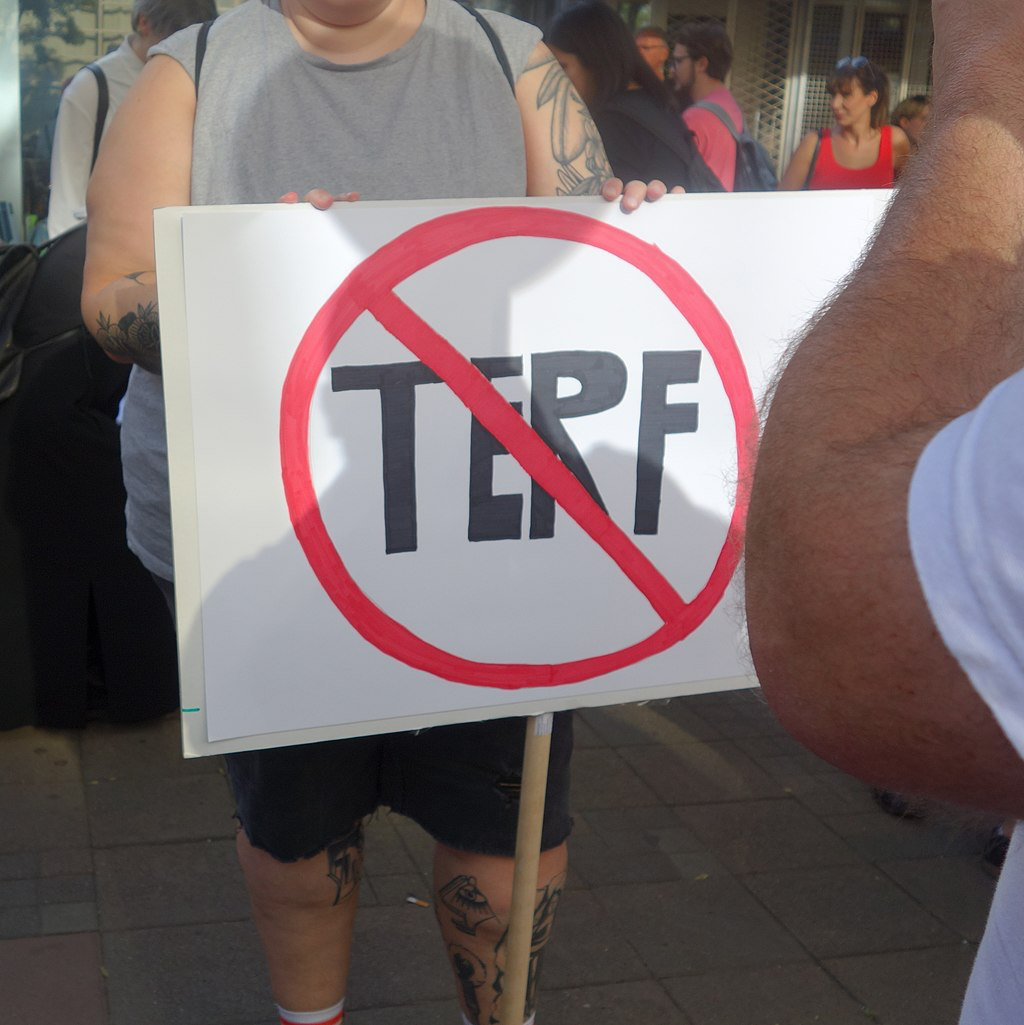
TERF stands for “transgender exclusionary radical feminist” and is a derogatory term referring to a person considered critical of trans “rights”. It is not that these women are against trans people, per se, it is enough that they are defending their territory. For example, opposing trans women in women’s sport and washrooms.
In July 2023, Spark NZ posted unequivocal support for Lal’s challenge to exclude TERFs from social media platform, Threads.
The post prompted calls for a boycott.
Lal asked One NZ and 2degrees then to clarify their positions on TERFS. 2degrees was fairly diplomatic while One NZ posted: “We don’t want them either. Not welcome here. We stand with you, @sparknz and anyone else brave enough to call them out.”
Spark NZ doubled down on supporting Lal, posting that they didn’t want to discuss it further, but along with One NZ, were soon backtracking. Both telecoms ultimately offered clarifications on their posts, acknowledging a wider debate and the need for the internet to be inclusive of everybody.
Feature image by Johnking121

